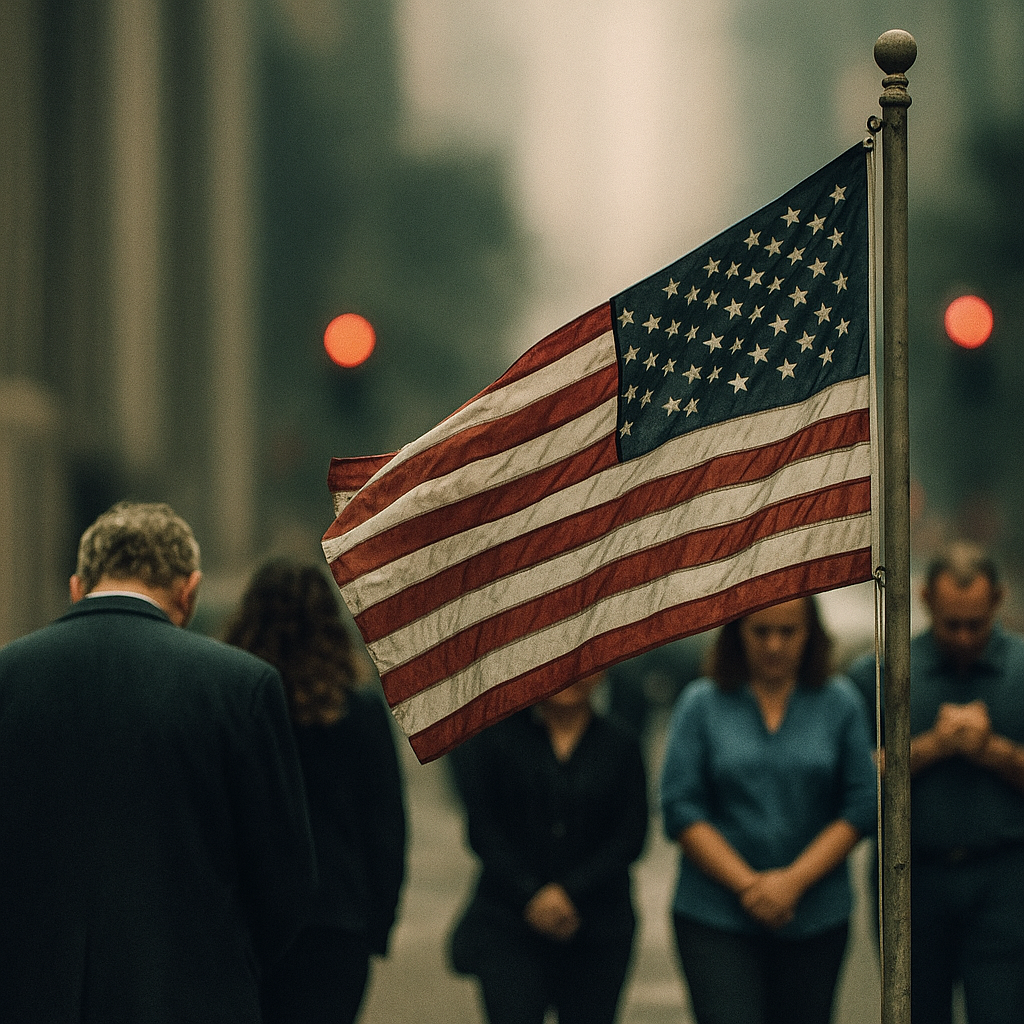When news broke that a young man had been arrested in connection with the death of Charlie Kirk, the nation responded with grief, outrage, speculation and far too much condemnation.
Tyler James Robinson, 22, was taken into custody and now faces charges including aggravated murder, firearm discharge, and obstruction of justice. Investigators allege he had spoken online about collecting a rifle, that his clothing matched surveillance footage, and that ballistic evidence was linked to him. Family members reportedly alerted authorities after hearing statements that suggested his involvement.
Yet in the rush of outrage, I see something more dangerous than anger: the temptation to decide guilt before proof, and to paint entire groups with the brush of a single tragedy.
Robinson had no prior criminal record. He was not a public figure. By most accounts, he was a young man who had slowly convinced himself that Kirk was spreading “hate.” But none of this gives license to declare everyone who disagreed with Kirk morally equal in wrongdoing.
Justice demands more than emotion. It demands truth, even when that truth is inconvenient. We will not heal as a nation if we allow every tragedy to become political theater, absent patience and proof. We will not build unity by sealing ourselves in echo chambers and assuming every opponent is an enemy.
This moment calls for something higher: not hasty judgment, but careful listening. Not assumption of intent, but pursuit of evidence. Not enlarging the fault lines, but seeking what binds us, the belief that life is sacred, that violence is never a legitimate answer, and that mercy and truth both matter.
Robinson may be guilty, or he may one day offer explanations the public does not yet know. Either way, Christians especially must resist vengeance in favor of discernment. Let our words build peace, even as we demand justice. Let outrage be tempered by humility. Let sorrow remind us of the cost of haste.
Beyond this moment of darkness, a brighter calling still stands: to judge not by rumor or faction, but by what is just before God, and to bind ourselves to one another not with fear, but with truth, mercy, and love.



